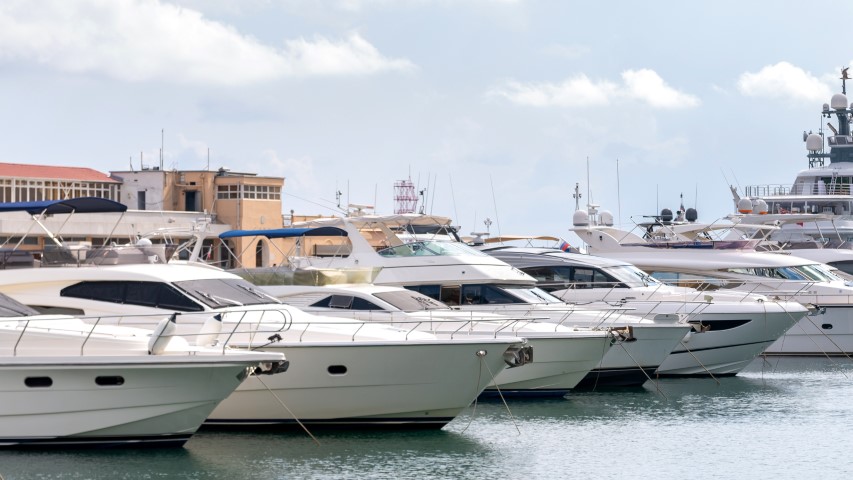Stored fuel more than 6 months old? Here's what you need to do
Back in the day, the storage life of both diesel and gas was measured in years, not months. That’s not the case anymore. Once you get past 6 months...
2 min read
Bell Performance : Jan 20 2014

Gasoline engines that work to give power to boats face more danger from water contamination than land-locked gas engines. Marine gasoline engines run in high humidity and high temperatures, increasing the chances of one of the two major problems of ethanol-blended fuels, water contamination.
The increased risk of water contamination from the marine environment leads to a high risk of phase separation when the fuel in the boat is in storage, as boats often stay at dockside for long periods of time.. Winter storage of boats in many parts of the country also contributes to this problem.
Long-term storage not only allows for gas in the tanks to sit for long periods but that gas also suffers temperature changes that lead to rapid degradation of gasoline fuel and phase separation from water absorption.
There are plenty of fuel additives on the market primarily marketed towards your car and truck. Buying a fuel additive made for cars is like buying an over-the-counter medication when you need a strong prescription drug. For marine engines and fuel systems to survive the problems associated with ethanol, only a quality commercial marine fuel additive will do.
Why untreated ethanol that contains gas is bad for your boat's engine:
Watercraft owners with gasoline engines who use a high-quality commercial marine fuel additive find that it helps fight the biggest problems associated with ethanol-gasoline use.
The best-engineered additives precisely aim at the major and minor problems caused by ethanol.
Features of the best quality commercial marine gas additives include:
Any gasoline-fired marine engine needs commercial marine fuel additives. Large and small watercraft, small outboard motors, large outboards, and inboards all gain protection and performance when treated.
Although the cost of a tank of gas will be more, it more than pays for the repairs you will avoid.
Back in the day, the storage life of both diesel and gas was measured in years, not months. That’s not the case anymore. Once you get past 6 months...
Gasoline powers many of the most critical parts of our modern lives. However, burning gasoline releases harmful pollutants into the air, including...
The use of oxygenates in gasoline has been a contentious issue for decades. One oxygenate commonly used in the United States gasoline was methyl...